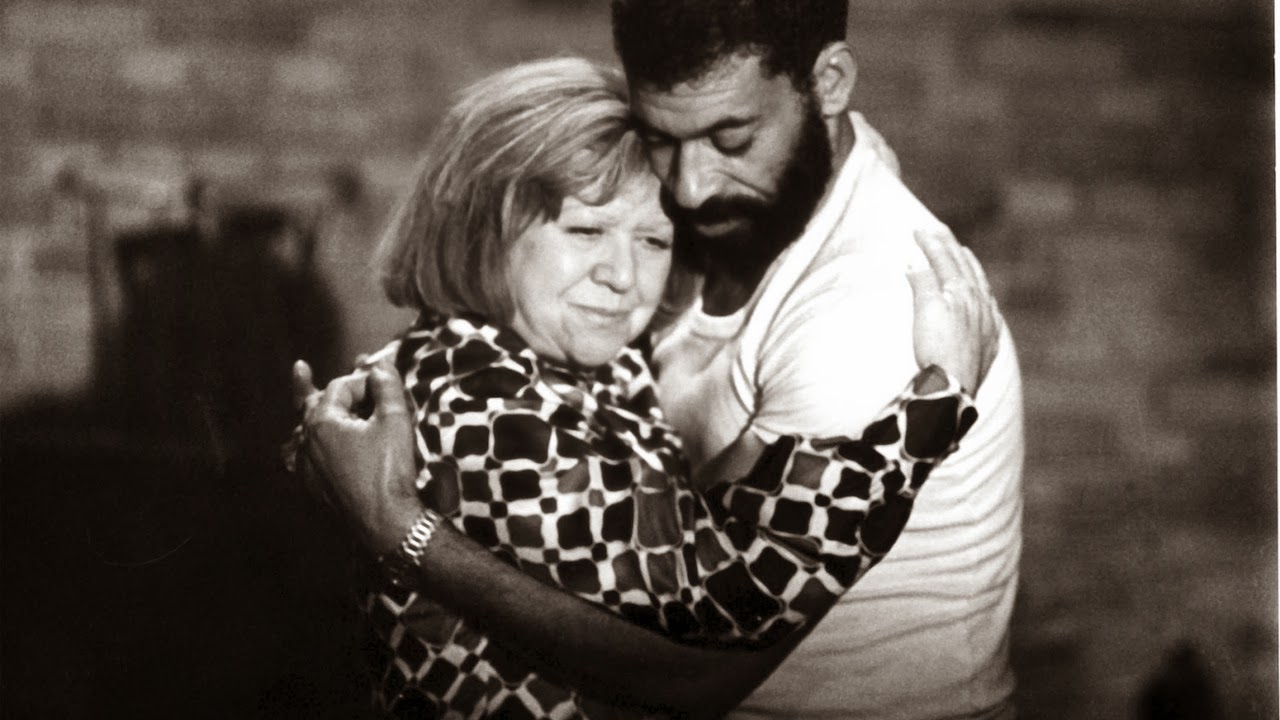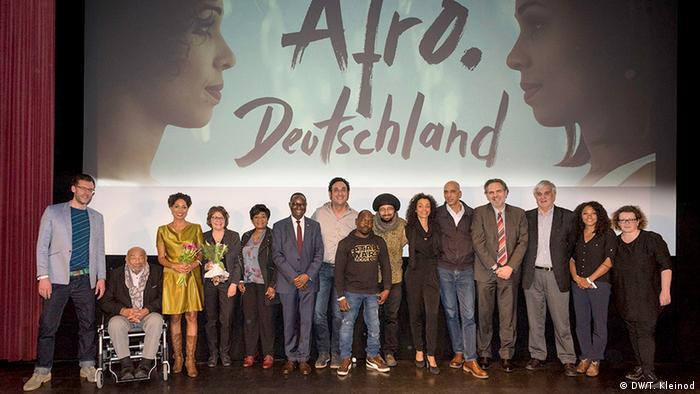Belgian church apologizes for role in mistreating mixed-race peoplePosted in Africa, Articles, Europe, Media Archive, Religion on 2017-04-29 01:38Z by Steven |
Belgian church apologizes for role in mistreating mixed-race people
National Catholic Reporter
2017-04-28
Jonathan Luxmoore, Catholic News Service
Oxford, England—Belgium’s Catholic Church has apologized for its role in mistreating mixed-race people, who were born in colonial times to European fathers and African mothers and later taken away for adoption.
“The history of many metis, born of a Congolese, Rwandan or Burundian mother and a white father (serving) in one of these countries, is an obscure episode of Belgian colonization,” the bishops’ conference said in an April 26 statement.
“These children were long designated pejoratively as ‘mulattoes,’ while the colonial authorities, both civil and ecclesiastical, considered them a real problem. … We express regret for the part played in this by the Catholic Church.”
The statement was published after an official church apology was delivered by Bishop Johan Bonny of Antwerp during an April 25 symposium in the Belgian Senate…
Read the entire article here.








